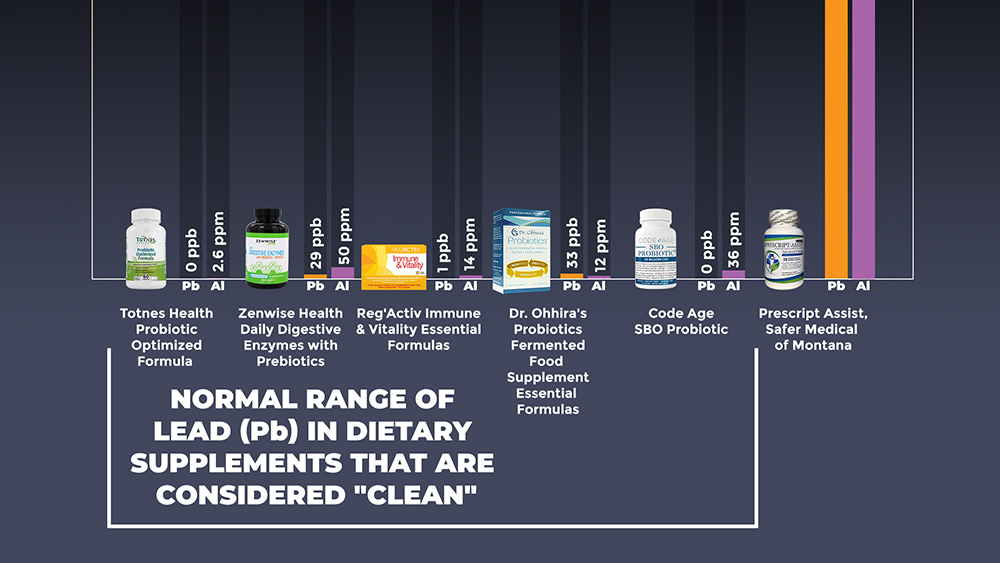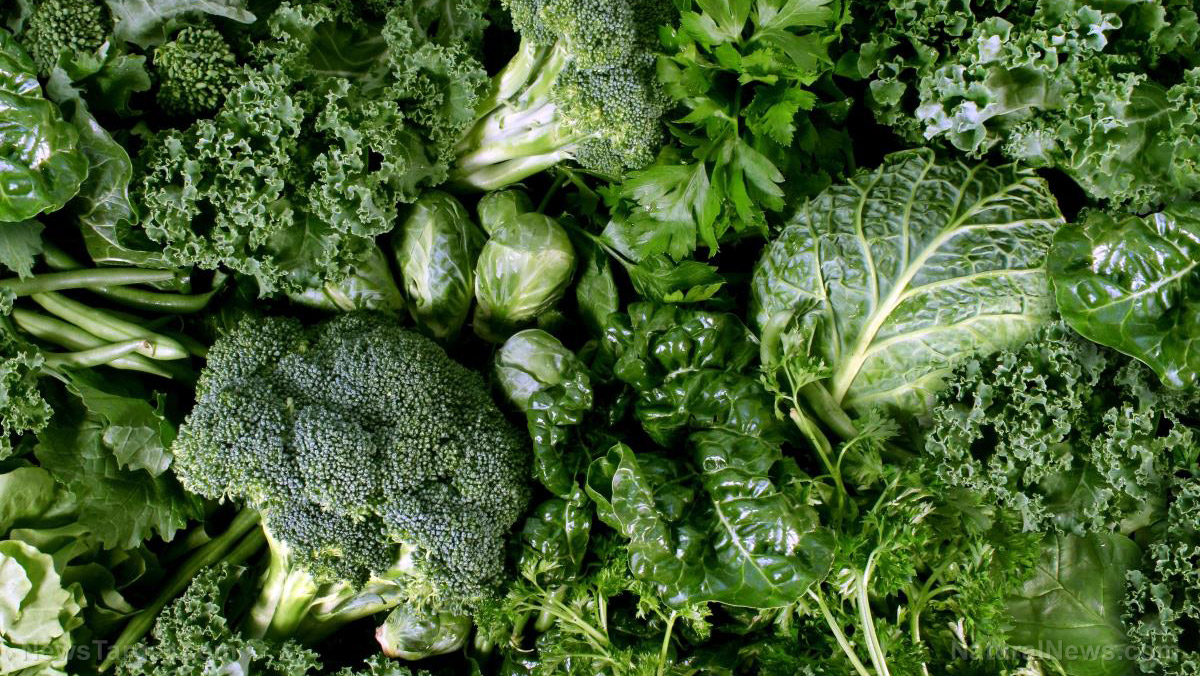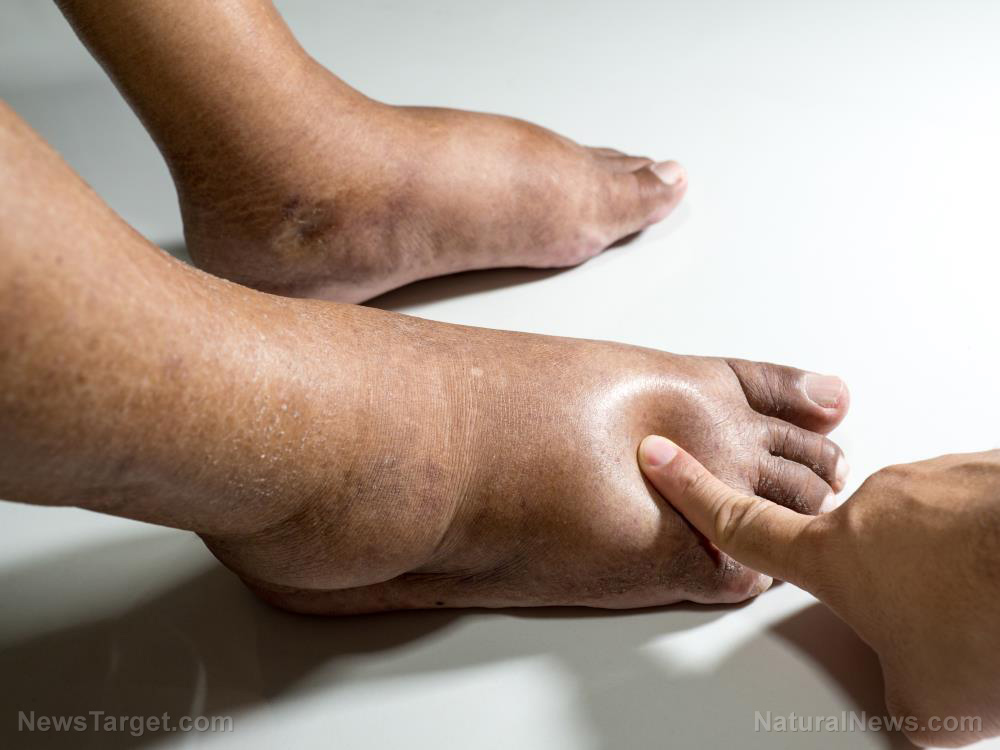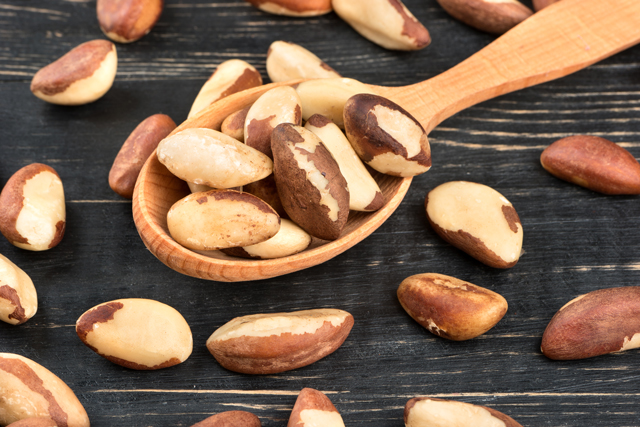Deaths from synthetic opioids have risen from 3,000 to over 20,000 in just three years – and the carnage is expected to continue
01/18/2018 / By Earl Garcia

The tragic cases of two suburban Atlanta teens succumbing to opioid overdose added to the growing and worsening number of deaths associated with drug overdose across the country. A report published in the Life Zette website revealed that deaths involving synthetic opioids grew from 3,000 to 20,000 within a three-year period, which marked a 560 percent increase in related deaths.
Reports have also pointed out that a vast majority of deaths were associated with fentanyl. According to reports, nearly 15,000 of these deaths were tied to cheaper and more lethal forms of heroin from China, which were then distributed by Mexican drug cartels. “We’ve known for a while that fentanyls were behind the growing count of drug deaths in some states and counties. But now we can see the extent to which this is true nationally, as deaths involving synthetic opioids, mostly fentanyls, have risen to more than 20,000 from 3,000 in just three years,” said graphics editor Josh Katz for his article in The New York Times.
Just last year, a report carried out by Washington, D.C.-based nonprofit Police Executive Research Forum (PERF) revealed that opioid overdose resulted in significantly more deaths across the United States compared with homicides and suicides, the AIDS (acquired immune deficiency syndrome) crisis, vehicle accidents, and even the entire Vietnam War. (Related: New report claims opioids killed more Americans last year than the entire Vietnam War… worst is yet to come.)
According to the report, opioid overdose killed as many as 64,070 Americans in 2016 alone, up from only 52,404 in 2015. The rates were significantly higher compared with the death toll of the following events:

|
Discover how to prevent and reverse heart disease (and other cardio related events) with this free ebook: Written by popular Natural News writer Vicki Batt, this book includes everything you need to know about preventing heart disease, reversing hypertension, and nurturing your cardiac health without medication. Learn More. |
- Homicide deaths in 1991 at 24,703
- AIDS-related deaths in 1995 at 50,628
- Car crash fatalities in 2015 at 35,092
- All-time high suicide rates in 2015 at 44,193
- The entire Vietnam War era at 35,092
“[I]t is clear that police and other criminal justice agencies, along with public health departments, drug treatment and social service providers, elected officials, and others, must step up their efforts to prevent new cases of opioid addiction, while helping addicted persons through the long and difficult process of getting free of opioid drugs,” the researchers told Daily Mail online.
Opioid overdose becoming more problematic in blacks, rural America
Data from the Centers for Disease Control and Prevention (CDC) also showed that the rates of opioid overdose-related deaths saw a steep increase especially among blacks and people living in rural areas. According to the CDC, the number of drug-related deaths among blacks in urban counties increased by 41 percent in 2016, compared with only 19 percent among whites. The CDC report also revealed that adults aged 45 to 64 years old were among the hardest hit age group.
“Despite beating the odds for the past 40 to 50 years, many people who are overdosing because of an extremely dangerous heroin supply also use other drugs…” Dr. Andrew Kolodny, the co-director of opioid policy research at Brandeis University Heller School for Social Policy and Management, said in a New York Times article.
Likewise, data from the CDC’s Morbidity and Mortality Weekly Report showed that opioid overdose has now become more prevalent in rural areas than in urban areas. The report revealed that the rate of drug-related deaths in rural areas was 17 per 100,000 patient population, compared with only 16.2 per 100,000 in urban areas. However, the researchers found that the number of people with drug use disorders were relatively similar in both areas.
“The drug overdose death rate in rural areas is higher than in urban areas. We need to understand why this is happening so that our work with states and communities can help stop illicit drug use and overdose deaths in America,” said CDC Director Dr. Brenda Fitzgerald.
Visit Opioids.news and be updated with the latest in the war against drugs.
Sources include:
Tagged Under: addiction, Big Pharma, dangerous drugs, drug abuse, drug addiction, drug cartels, drug deaths, drug misuse, drug overdose, drugs, Opioid, opioid addiction, War on Drugs


















